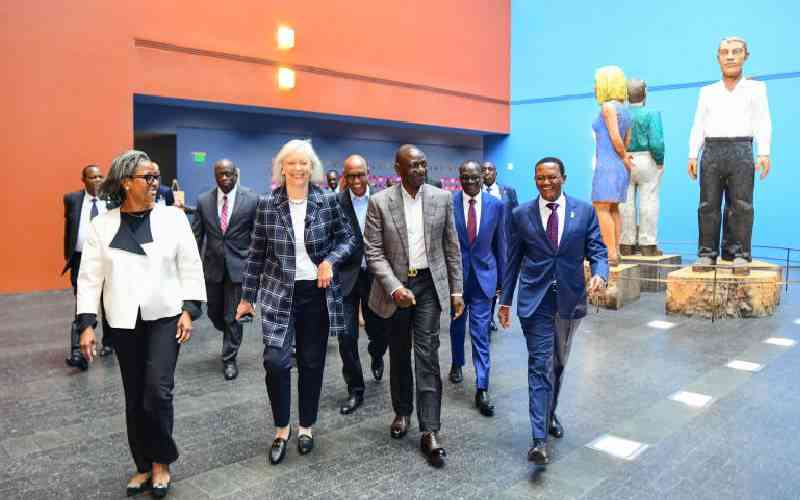×
The Standard e-Paper
Join Thousands Daily

Kenyan innovators have long vied to establish themselves as worthy rivals to Silicon Valley - a global centre of technological innovation located in the South San Francisco Bay Area of California.
The area was named after the primary material found in computer microprocessors.